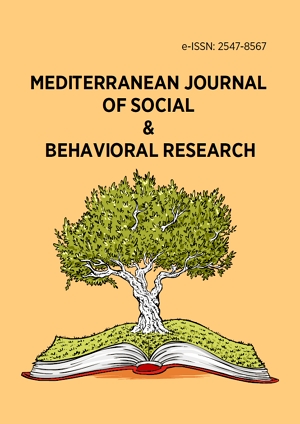Abstract
Lifelong learning is the constant updating of a person’s knowledge, skills and competencies throughout his life. Undoubtedly, life-longlearning and adulteducation are not only vocational-technical but also socially andculturally necessary, since life change and renewal are not one-dimensional. In the global world, where knowledge and skills are rapidly deteriorating and insufficient, everyone has the right and the need to renew and develop themselves by continuously benefiting from lifelong learning and adult education services. It is seen that the LLL cannot achieve its goals and the target scannot be achieved. According to the results of the International Evaluation of Adult Competencies Program; A large majority of adults lack the skills required by the era, levels of education in Turkey can not it be effective in skills training, skills biggest difference between men andwomen in Turkey. These results are valid between the ages of thirty-sixty-five. In addition to this, starting from MEB, the graduates of the LLL and continuing education centers, who are mainly engineers, operators or other fields, are chaired / headed. It is not uncommon for the graduates of the Education administration departments of the Education Faculties to take part in the administration of the secenters. The aim of our study is to reveal the contribution of the graduates of Education administration, who will work in LLL centers, to the system. Therefore, this research is a qualitative research usingthe “document analysis” method. For this purpose, the literature related to LLL and Educationadministration has been scannedand it is planned to reveal possible results by reaching the data.
License
This is an open access article distributed under the Creative Commons Attribution License which permits unrestricted use, distribution, and reproduction in any medium, provided the original work is properly cited.
Article Type: Research Article
MEDITERR J SOC BEH RES, Volume 4, Issue 3, October 2020, 41-45
https://doi.org/10.30935/mjosbr/9600
Publication date: 01 Dec 2020
Article Views: 1692
Article Downloads: 1434
Open Access References How to cite this article
 Full Text (PDF)
Full Text (PDF)